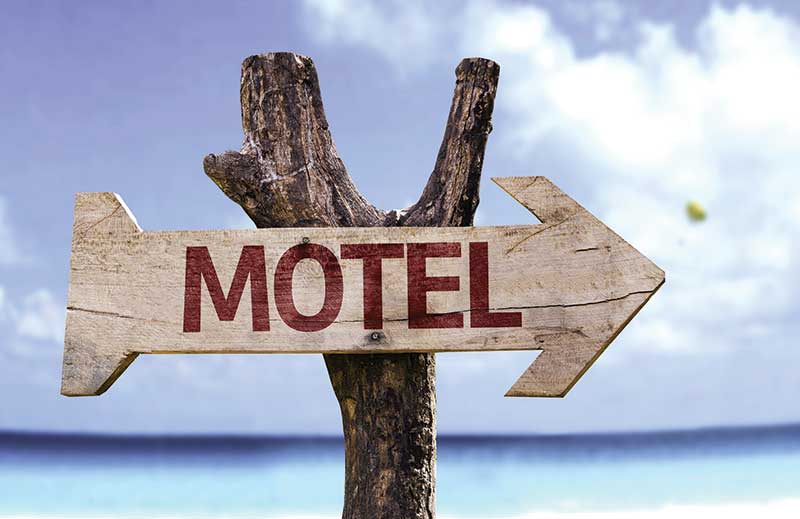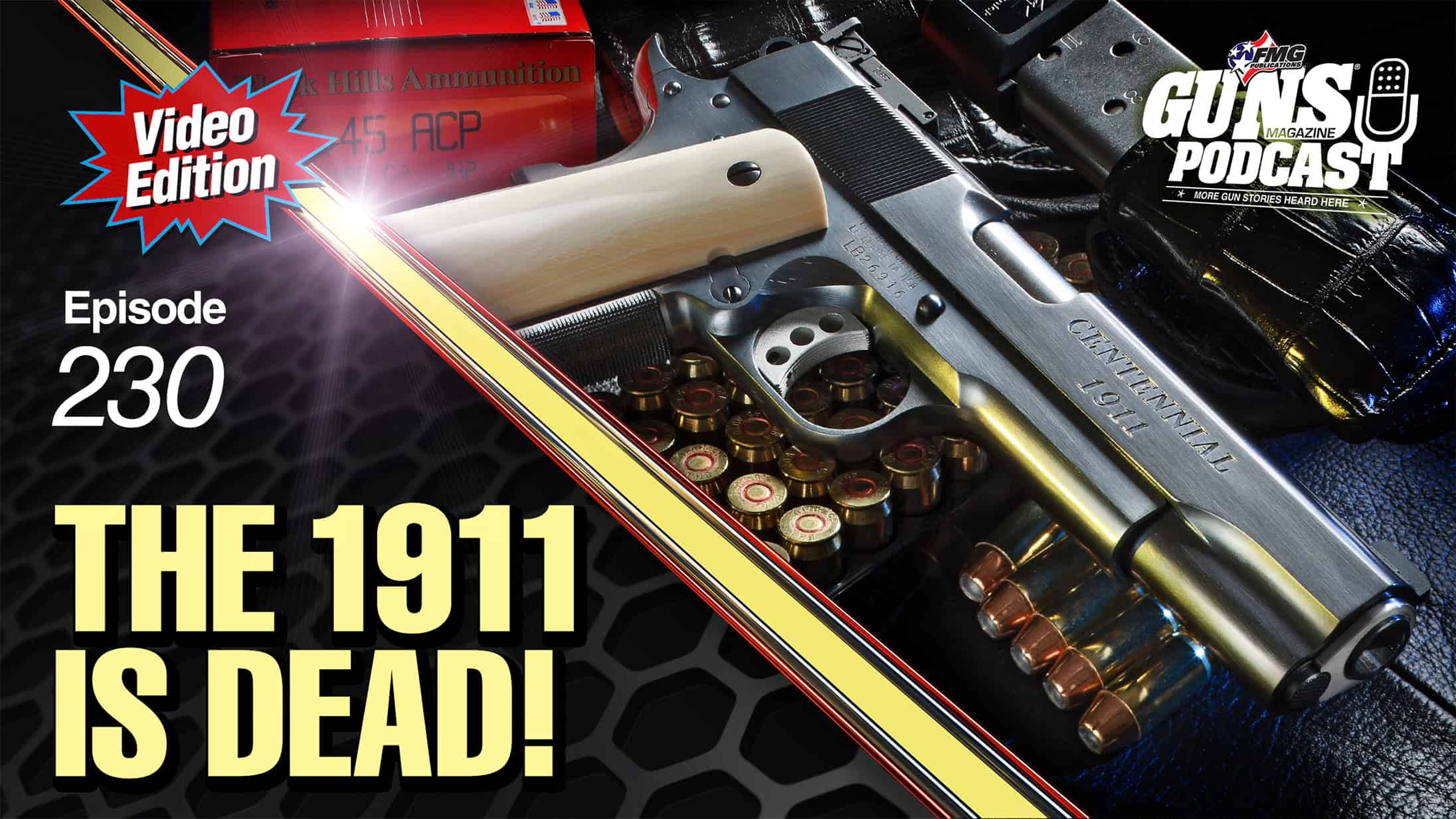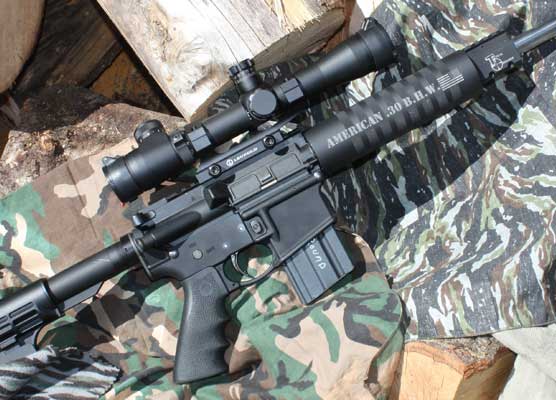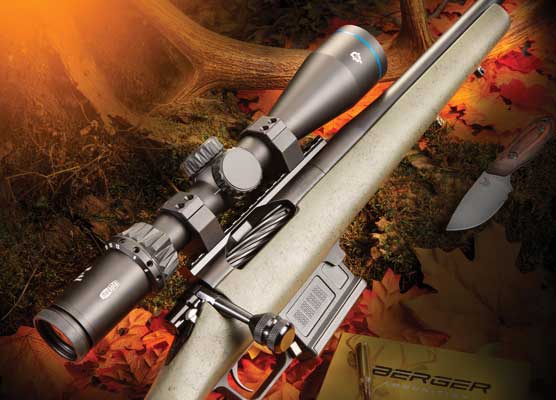Hidalgo
Of Cuba Then
So now we’re told Raul Castro is a cuddly ol’ teddy bear and Coo-bah is not only way past “exporting terrorism,” maybe they never did that at all, and they were just misunderstood. Yeah, right. But let’s ignore the bloody history and play patty-cake, with kisses and promises, shall we? The day after that happy news, FARC guerrillas killed 10 and wounded 17 Colombian soldiers. The FARC cookie-crumb trail leads straight to Havana. If Hidalgo were still alive, I thought, what might he say?
Before MacDill became a Wings & Things SOCOM SuperStore, when a few peeling, faded signs still read simply “MacDill Field,” nameless guys in a business they jokingly called “Nunya,” as in Nunya Bidness, could touch down, be de-briefed and slide out unnoticed. Before neon and condos gobbled up endless miles of weedy, untended Gulf Coast beaches and lonely lean-to bars, you could grab a rental-wreck and roll northbound on scabby blacktop, seeking—what?
It was called a “Cold War,” but it raged red-hot in some far corners, and many were burned in its fires. Packin’ a head fulla darkness and demons, you sought a sanctuary where you could purge ’em out and fill the vacuum with sun, sand and silence before heading home to the wife and backyard barbecue. There’s some baggage you don’t wanta dump in the front hall—or worse, in your bedroom. Even better if that sanctuary offered cheeseburgers and beer.
A row of rooms and a small office with a crisp US flag fluttering from an eave faced a narrow, too-steep beach, half of it dirt riddled with sea oats, cordgrass and beach morning glory, half sand. Small rooms of old wood with recent paint, Spartan-comfy, each room with a teensy AC unit jammed in its lone front window. This was great; not the kind of place to attract station wagons full of pale Yankees with sweating, querulous kiddies. On the north end was a bar and grill presided over by the burly, friendly but incurious barman/motel boss. Total guests were two tired, harried route salesmen workin’ the Tallahassee-Tampa circuit, and me.
The barman actually liked cookin’ and loved servin’ doubles of anything, one for me, one for him, burger for burger and beer for beer. He even made a mean, frosty vanilla milkshake. I liked and needed his company, his easy conversation. I told him to put all the burgers and beers, mine and his, on my tab. He countered, accepting payment for half of his half. He loaned me a sun-bleached Adirondack chair and a bait-casting rig.
“Didn’t come to fish,” I told him. “You can pretend,” he smiled, “Or, bait’s in the cooler. Free. You catch, I cook. We both happy then.”
No mirror behind the bar, just an overlapping firetrap of curling beyond-yellowed clippings: The Bay of Pigs, Alpha 66 Strikes Back, Sabotage in Matanzas! and more. Old black-and-white photos and pasteled postcards were tacked haphazardly; pre-Castro Havana casinos, the Hotel Nacional, the Sans Souci—and people.
Finding Hidalgo
One man stood out—a handsome slender guy in a white dinner jacket and satin-striped pants, Roman-nosed, with a moustache like chipped obsidian knife blades. He was arm in arm with a gorgeous raven-haired beauty in a flouncy gown, against a nightclub backdrop. The same guy appeared in several other photos, always spiffy in neat tailored suits, except one: He and a bigger guy with lighter hair were both in military harness, charcoal-smudged faces grim, rifles in hand, pen strokes reading “Hidalgo y Diego.”
A card stuck out a little from under the glass on the bar, one corner heavily thumbprinted. Obviously it had been pulled out, consulted and pushed back in many, many times. It bore the logo of Alpha 66 and the scrawled word “telefonos.” A salesman came to settle his bill. When he and the barman stepped next door I plucked the card, flipped it over: a short list of names and phone numbers. One read HIDALGO. I slipped it back in.
I knew a bit about the Cuban Revolution, the resistance, groups like Alpha 66 and Omega 7, and the poor doomed fighters of Brigade 2506, crossed and double-crossed from within and without, then abandoned and defeated at the Bay of Pigs. It was part of the crash-course on the Caribbean, Mexico and Central America given to “contracted representatives of US and Western interests.” But I’d never spoken personally with anyone who actually fought Fidel and his Marxist minions; a few blowhard poseurs over on the Atlantic Coast whose stories fell apart when poked with pointed questions, that’s all. I took a chance.
“Is Hidalgo around? I’d like to talk with him.” The barman’s eyes slammed down to suspicious slits. “You saying you know Hidalgo?” He stopped drying bar glasses and one hand trailed casually down below the counter.
“No,” I said, and took a longer shot: “Diego.” He leaned back and tapped the big light-haired guy in the photo. “You know Diego? That’s, uhh… Ah!” His eyes went wide, realizing he’d just been fished. I dumped my wallet on the bar and fanned out the contents.
“This is who I am,” I said. “All of it. Not CIA, not FBI, not police, not a reporter. I collect scars and stories, and I just want to hear about him and… those days.” I wore shorts, sandals and a coupla bandages. The wispy hint of a wry smile turned up one corner of his mouth. “Doin’ good on the scars, man.” I tapped the glass atop the Alpha 66 card.
“So help me with the stories, OK?” He looked doubtful. “I will see,” he said, “But I think no. I will make calls.” I told him I appreciated it very much; that I had never spoken with someone who actually fought Castro’s forces back in those days. That got a chuckle and both corners of his mouth turned up. His shoulders loosened and he resumed polishing bar glasses.
“On that you are wrong, my friend. You just did.” We both laughed. I suggested we each have another beer, all on me. He pried the caps off two cold ones. “No, I give you back half of the half,” he said. “It is Hidalgo’s way.” My curiosity at that was evident. “Yes, this place, my business, my little house in back, the half of half, the free bait, you catch, I cook, these are all Hidalgo’s way.” I could almost feel the weight of the huge question mark that had to be hovering over my head.
“Maybe you ask Hidalgo,” he said. “Maybe.”
The Cane-Cutter’s Kid
Toastin’ in the Adirondack on the narrow beach, cap pulled low shading my eyes. Sand swished, and under my cap brim appeared a polished rattan cane, gleaming oxblood Oxford shoes, dark tan slacks with a perfect “break” over the smooth toecaps. A silky cultured voice said, “Pardon me, sir. So you wish to hear stories of the days in Cuba?” I looked up. Between a carefully knotted tie and a white Panama hat were the Roman nose and those chipped obsidian knife blades. The blades had gone gray-white, but the eyes burned merrily bright. Hidalgo.
The barman brought a padded chair and a small café table, then an umbrella, which he laboriously drove into the sand and adjusted to shade the old gentleman.
“For your privacy,” he waved up at the road, the motel, “From this and—other ears. I bring limonada, yes?” We thanked him. The old man lowered himself carefully into the chair and turned to look out over the Gulf. Silent for a moment, he sniffed the salt breeze, the musk of tidal life and death. And then he spoke.
That’s all for Part 1, folks. Read Part 2 here. Connor OUT



